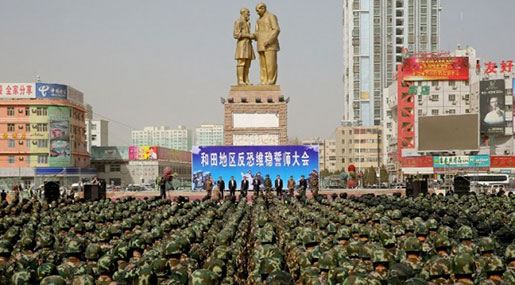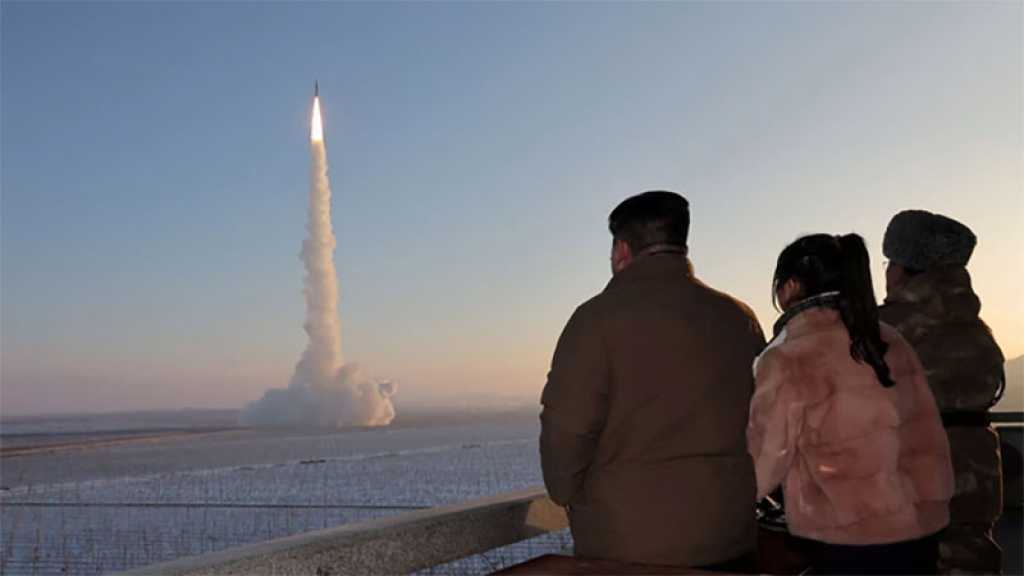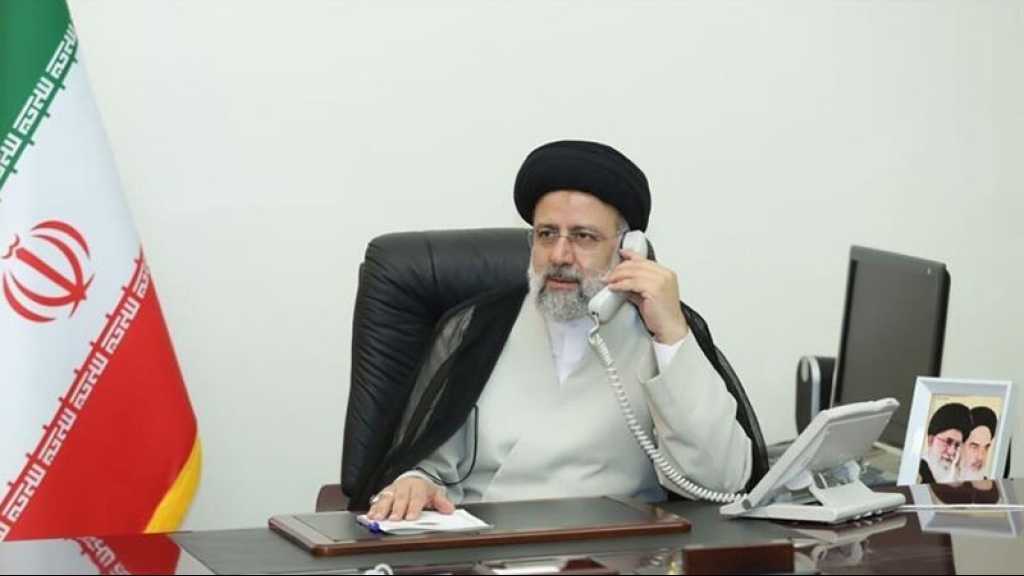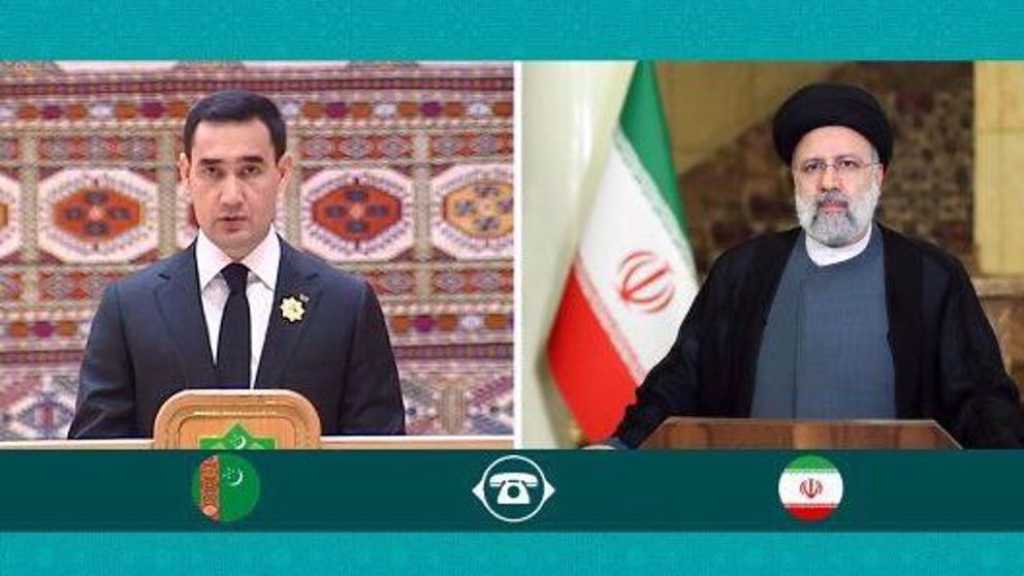
China’s 2017 Defense Budget to Rise by 7%

Local Editor
China declared it is increasing its defense budget by 7% in 2017 in line with its economic development and defense needs amid the territorial disputes with its neighbors fueled by "outside meddling."

The estimated rise in China's military budget was announced Saturday by the spokesperson of the country's legislature. The exact figure is due to be announced by Prime Minister Li Keqiang in a Sunday address before the opening of this year's parliamentary session.
"We call for a peaceful settlement through dialogue and consultation [of the disputes]. At the same time we need the ability to safeguard our sovereignty and interests and rights," said spokeswoman for China's National People's Congress Fu Ying.
"In particular," she added, "We need to guard against outside meddling in the disputes," without elaborating on the source of meddling.
China is engaged in a dispute with the Philippines, Malaysia, Brunei and Vietnam in the South China Sea, where they have overlapping claims of sovereignty over a series of islands and reefs. Beijing is also entangled in a similar territorial row with Japan elsewhere in the East China Sea.
In both cases, the United States has been fueling tensions between China and its neighbors by siding with Beijing's rivals.
Beijing has on numerous occasions slammed Washington for intervening in regional issues and deliberately escalating the situation in the disputed waters.
Fu further said its military buildup was purely for defense objectives and represented a force for stability in Asia.
The planned rise in the Chinese defense budget came just days after US President Donald Trump outlined plans to beef up American military forces by raising expenditures by around 10 percent.
In February, Trump reassured visiting Japanese Prime Minister Shinzo Abe in February that his administration remains committed to maintaining long-standing US "security" alliance with Japan, especially when it comes to the disputed islands in the East China Sea, known as Senkaku in Japanese and Diaoyu in Chinese.
Trump's pledge of support for Japan angered Beijing, with its Foreign Ministry emphasizing China's maritime rights and sovereignty over the islands in the disputed waters.
Source: News Agencies, Edited by website team



